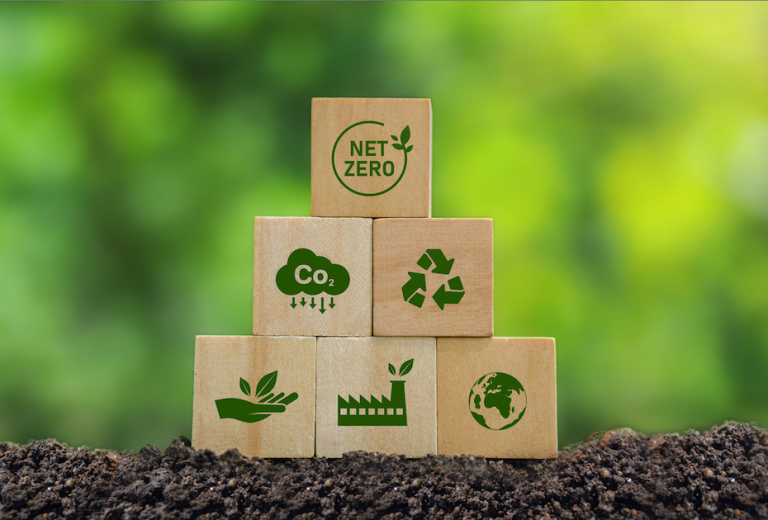
JPMorgan Chase, through its blockchain unit Kinexys, is piloting a program to tokenize carbon credits in collaboration with S&P Global Commodity Insights, EcoRegistry, and the International Carbon Registry. The initiative aims to convert carbon credits—each representing one ton of CO2 removed or not emitted—into digital tokens on a blockchain to enhance transparency, traceability, and efficiency in the voluntary carbon market.
This market has faced challenges like fragmentation, lack of standardization, and credibility issues due to concerns over double-counting and greenwashing. By leveraging blockchain, JPMorgan seeks to create a unified, tradable ecosystem for carbon credits, potentially improving liquidity and trust. The pilot focuses on tracking credits from issuance to retirement, addressing past tokenization pitfalls. Alastair Northway, head of natural resource advisory at JPMorgan Payments, noted the market’s potential for innovation, with the bank aiming to become a leader in climate finance. The voluntary carbon market could reach $2 trillion by 2030 if infrastructure improves, though risks like regulatory divergence remain.
Tokenizing carbon credits on a blockchain ensures immutable records of issuance, trading, and retirement, reducing risks of double-counting and fraud. This could rebuild confidence in the voluntary carbon market, which has been criticized for greenwashing and lack of credibility. Digital tokens can standardize and streamline trading, making carbon credits more liquid and accessible to a broader range of investors and companies. This could drive market growth, potentially reaching the projected $2 trillion valuation by 2030.
Register for Tekedia Mini-MBA edition 19 (Feb 9 – May 2, 2026).
Register for Tekedia AI in Business Masterclass.
Join Tekedia Capital Syndicate and co-invest in great global startups.
Register for Tekedia AI Lab.
Blockchain-based systems automate processes like verification and settlement, cutting costs and time compared to traditional carbon credit trading, which often involves fragmented registries and manual processes. Success in this pilot could position JPMorgan as a leader in climate finance, encouraging other financial institutions to adopt similar technologies. This could accelerate investment in carbon reduction projects globally.
While tokenization addresses some market issues, divergent global regulations and lack of universal standards for carbon credits could hinder scalability. Harmonization will be critical for a cohesive global market. By making carbon credits more tradable and trustworthy, the initiative could incentivize more companies to offset emissions, supporting global decarbonization efforts. However, the effectiveness depends on the quality and verification of the underlying credits.
Blockchain enhances transparency but doesn’t inherently solve issues like the environmental integrity of credits. Poorly designed projects could still undermine the system’s impact if not rigorously vetted. Established players in the carbon market, like traditional registries or brokers, may face competition from blockchain-based platforms, potentially reshaping market dynamics and business models. This move could catalyze innovation in climate finance but requires careful navigation of regulatory, technical, and environmental challenges to realize its full potential.
JPMorgan’s carbon credit tokenization initiative could transform the VCM by enhancing transparency, efficiency, and liquidity, potentially unlocking significant climate finance. However, its success depends on overcoming technical, regulatory, and credibility challenges. While blockchain offers promising tools, it cannot address underlying issues like project quality or greenwashing without complementary reforms.
The initiative signals a convergence of climate finance and blockchain innovation, but its real-world impact will hinge on rigorous execution and alignment with global climate goals. Stakeholders should monitor the pilot’s outcomes, particularly its ability to deliver verifiable environmental benefits alongside financial gains


